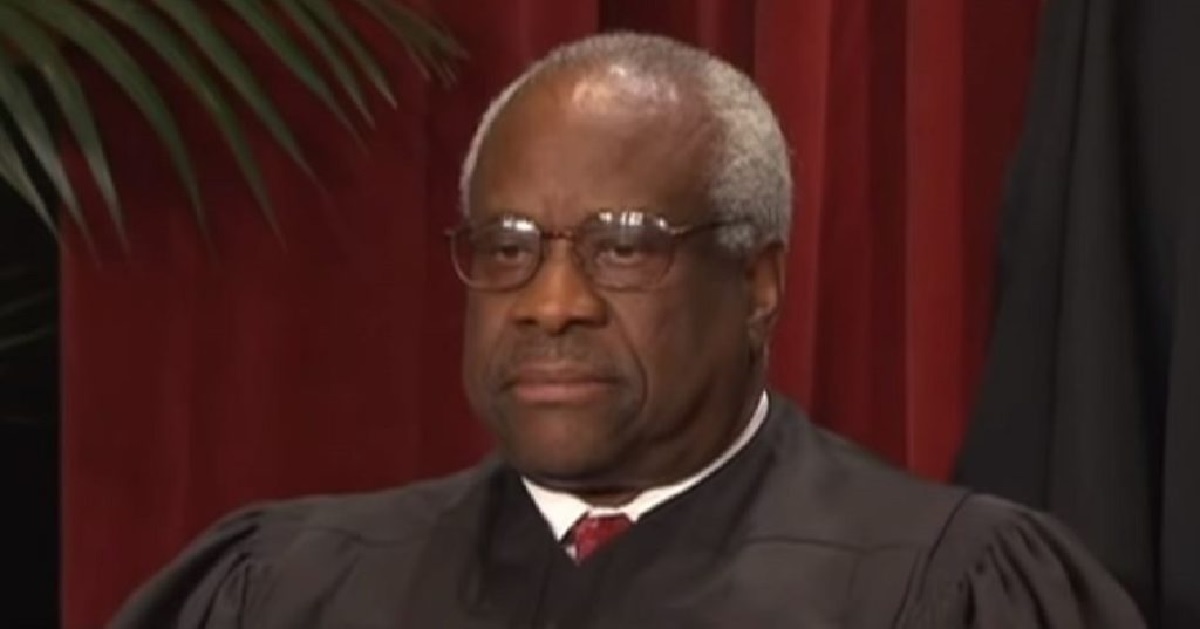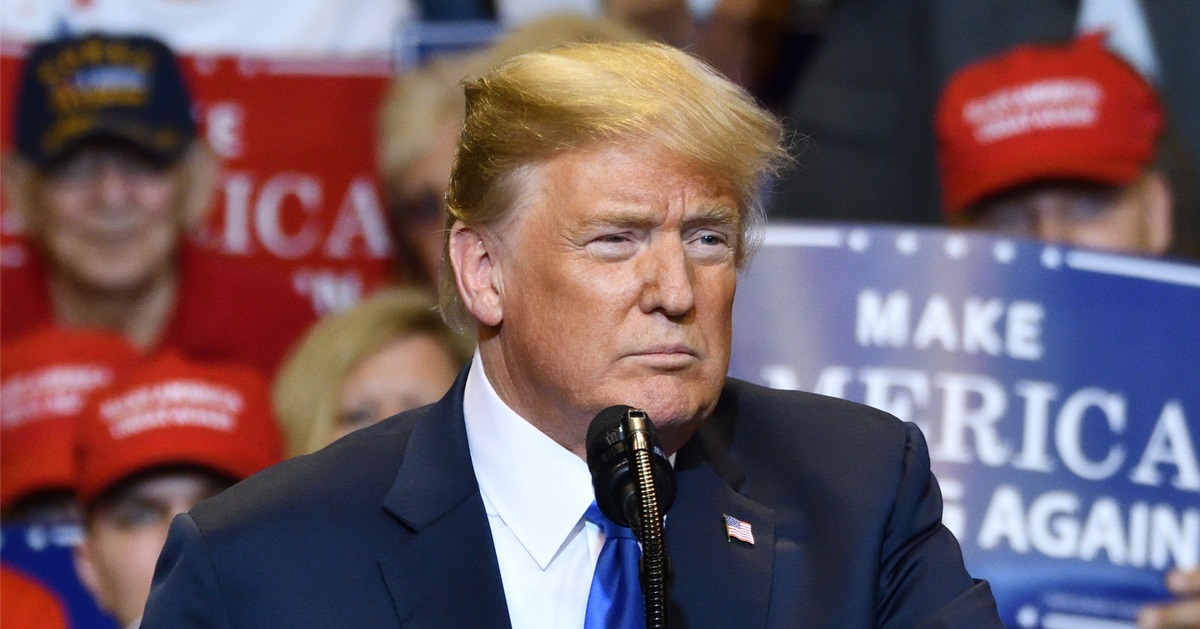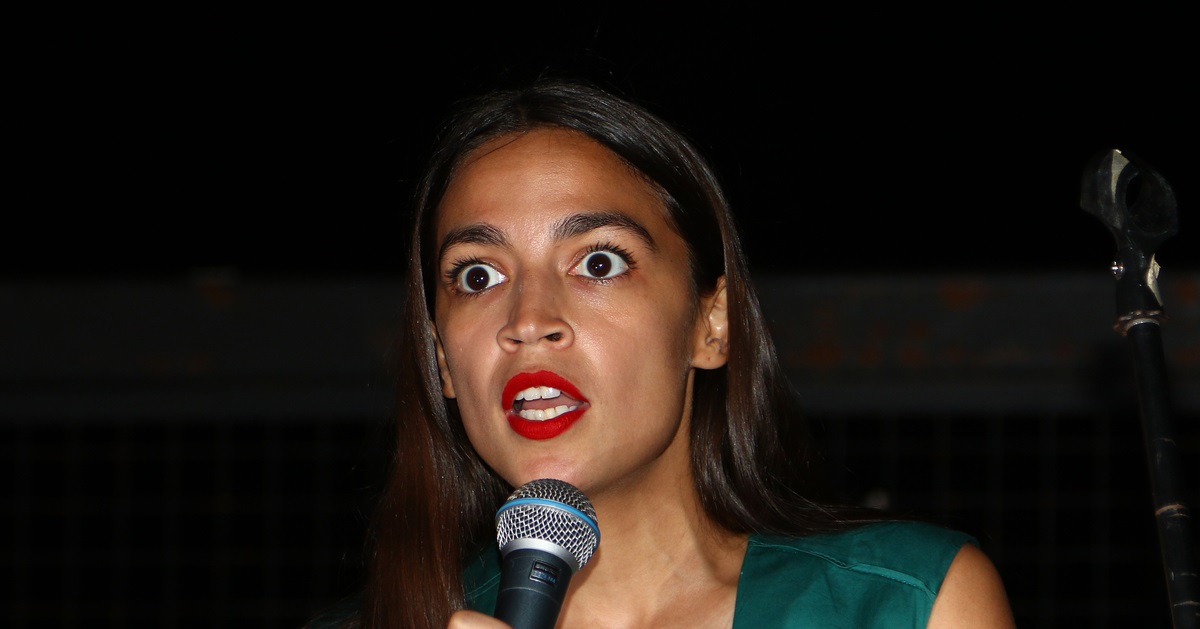Supreme Court refuses to put RFK back on New York ballots
Independent Presidential Candidate Robert F. Kennedy Jr. will not be on New York's 2024 presidential election ballots.
The Associated Press reports that the U.S. Supreme Court has decided not to hear an appeal from Kennedy that would have sought to put his name back on the state's ballots.
Kennedy, of course, has joined forces with former President Donald Trump now. But, this does not mean that his own presidential run is irrelevant.
There is still a possibility that his supporters could have a big impact on the presidential election, which is why there is such a big fight going on over whether Kennedy ought to or ought not to be included on presidential ballots.
Background
If you have been following election news, then you will know that Kennedy, ever since suspending his own campaign and endorsing Trump, has been looking to get his name removed from ballots in swing states.
Kennedy has revealed that internal polling has shown that he would be most likely to take votes away from Trump in the 2024 presidential election. Accordingly, he reasoned that because the swing states are most likely to determine the election outcome, he ought to focus on getting his name removed from ballots in those states if he wants Trump to win.
When it comes to a deep blue state such as New York, Kennedy figured that it probably does not matter whether or not he is on ballots. Accordingly, he has been trying to keep his name on the ballots of such states.
The problem, however, is that Democrat activists have been trying to force his name off some of these ballots, and they have been successful in some states, including New York.
This is why Kennedy recently filed an emergency appeal to the U.S. Supreme Court.
The latest
At issue in the case is whether Kennedy complied with a New York state election law that requires, according to NPR, "minor party candidates [to] include their 'place of residence' on the petition [... a] residence [that] must be the 'fixed, permanent, and principal home' to which the candidate 'always intends to return.'"
The New York courts claimed that Kennedy failed to meet this requirement.
Kennedy, however, disagreed, and he asked the Supreme Court to weigh in on the situation. The justices, though, have now indicated that they will not do so.
"The application for writ of injunction presented to Justice Sotomayor and by her referred to the Court is denied," the court wrote.
This may be the end of the line for Kennedy, at least in New York.






